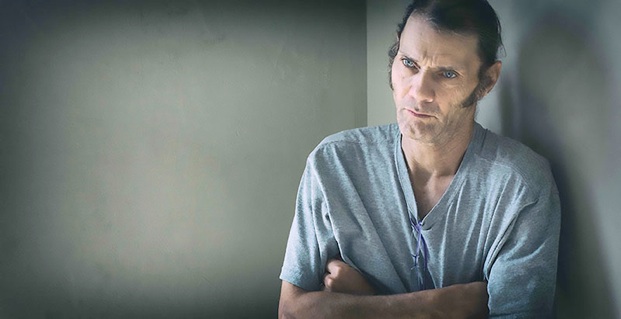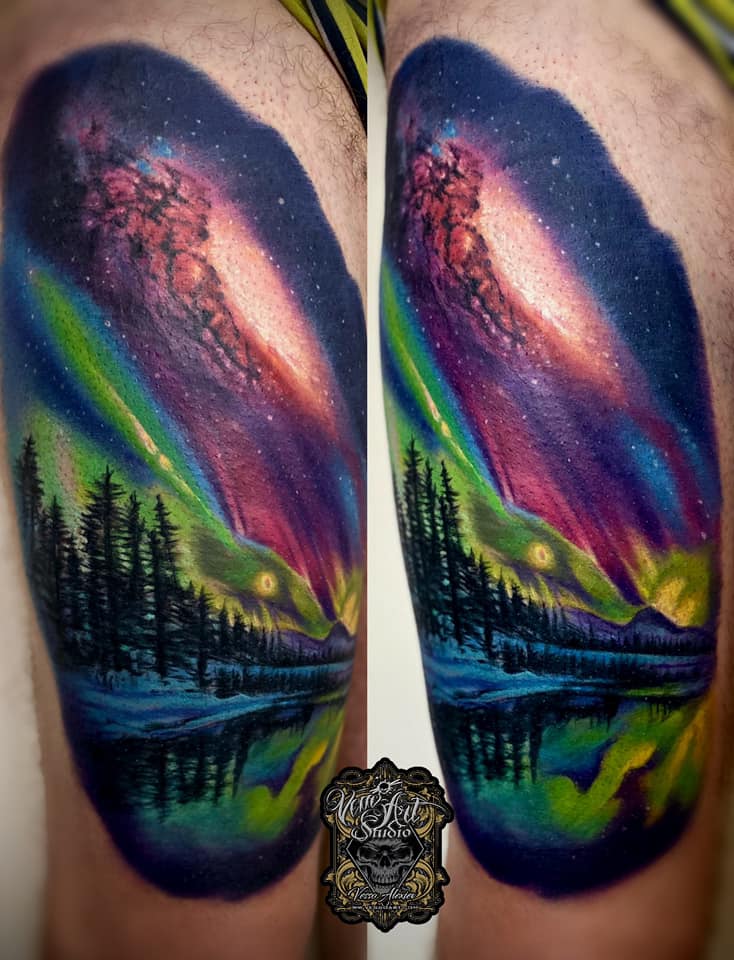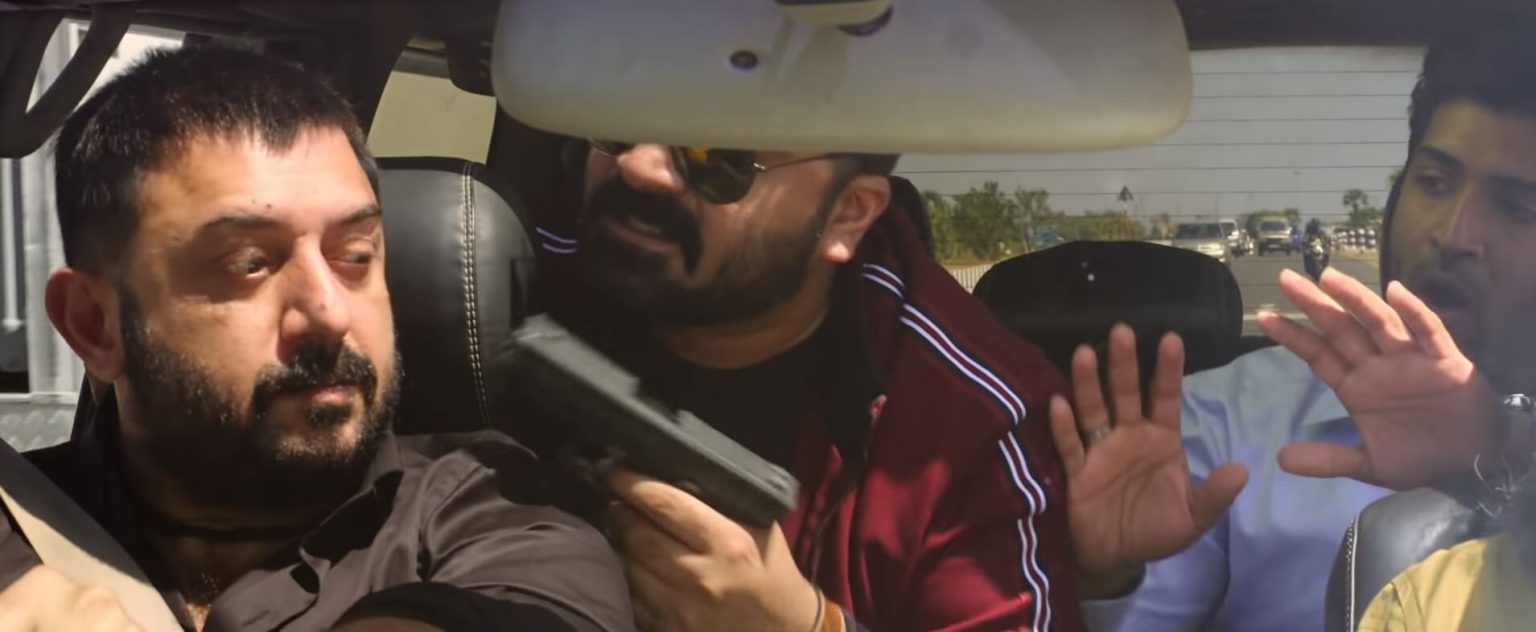To me, call out culture is a byproduct of privileged academic environments where policing people's behavior is used as a stand in for pushing for social change. At best, it's a way to play, to practice and to experiment when the stakes are low. At worst, it's a destructive waste of time and disposing of people is a luxury in activism that we don't have time for. Part of the process of dismantling classism or racism is for people of color and poor people to fight to be seen as an individual, and not as a collection of imposed stereotypes. Conversely, a big part of having privilege is internalizing the idea that you are unique, and special, in an attempt to hide the commonality you have with other people who are privileged in the same way and to make that privilege invisible to you. I'm concerned that some folks I've seen reposting this are interpreting this as support for requiring more niceness from the people they're saying messed up things to, which given your amazing activist work, I'm sure was not the intent of this piece.
Two proper names can also be used in creating a portmanteau word in reference to the partnership between people, especially in cases where both persons are well-known, or sometimes to produce epithets such as "Billary" . By contrast, the public, including the media, use portmanteaus to refer to their favorite pairings as a way to "...giv people an essence of who they are within the same name." This is particularly seen in cases of fictional and real-life "supercouples". An early known example, Bennifer, referred to film stars Ben Affleck and Jennifer Lopez.
Republicans called it a rejection of "Pritzker's tyrannical reign," but the governor's office argued "masks are the best way to preserve in-person learning and keep children and staff safe." So good, so soon for Bulls' Ayo Dosunmu? Illinois' Brad Underwood scoffs at surprise "People don't really know these kids," Underwood said. Everyone I've spoken to has a different strategy when it comes to Wordle. Some people start with a different word every day, while others are determined to guess it in the least attempts possible. There's no right or wrong way to play the game, but if you're in the "minimum effort, maximum reward" camp, here's a list that will keep your Wordle streak going. I brought it up in many settings today to talk about how I as a white person could cultivate true community with the people with whom I am working.
I asked for a way to have race, power, privilege, oppression, othering, belonging, and that sort of stuff be a frequent part of our reflection. And I asked for kindness, understanding, and to be seen as a friend first and foremost. It seems that if we are not striving for friendship, for kinship, we are just compartmentalizing one another, and unconsciously playing out our internalized trauma and misdirected rage. So, I am grateful your article gave me some support to voice some of that today — some wonderful conversations were had as a result. Having said that, I think it's a completely different category when people outside this 'progressive' community make racist/ sexist jokes, etc.
The public call-out, then, is not 'Hey, I'm a better social-justice warrior than you, I can't believe you thought that was okay, we moved on from that last year' – to, 'Hey, jokes about sex positions in which women get assaulted are not at all funny'. The call-out in the second situation is pretty brave, you're risking backlash to ensure a seriously bad comment that reinforces a terrible culture does not go unchecked. In the former situation, you're probably aware that everyone on the site is going to back you up and give you kudos.
It's not brave – you've just intimidated someone into not engaging. Huzzah to you for saying something that would get me excised from every social group I have if I even gestured at. I've been called out many times for wrongs I supposedly committed, and in the vast majority of cases, I literally don't know to this day what it was that I did. It' s the reason I don't volunteer at my local gay rights advocacy group anymore. It got to the point where I was not able to speak to anyone without risking being attacked.
I am curious if you would be willing to share some ideas about at what point, if any, you think "calling out" is an appropriate tactic? For instance, one thing that comes to mind is calling out rapists and abusers who have refused to take accountability when confronted in private, and will continue to harm other people in the community. In this case, calling out seems like an effective way of keeping people safer by letting them know "Hey, this person has raped and abused people and is not safe for you to be around! It isn't an exaggeration to say that there is a mild totalitarian undercurrent not just in call-out culture but also in how progressive communities police and define the bounds of who's in and who's out. More often than not, this boundary is constructed through the use of appropriate language and terminology – a language and terminology that are forever shifting and almost impossible to keep up with.
In such a context, it is impossible not to fail at least some of the time. And what happens when someone has mastered proficiency in languages of accountability and then learned to justify all of their actions by falling back on that language? How do we hold people to account who are experts at using anti-oppressive language to justify oppressive behaviour? We don't have a word to describe this kind of perverse exercise of power, despite the fact that it occurs on an almost daily basis in progressive circles. Calling people out appears to have especially spread thanks to social media, which allows people to amplify their message and mobilize for change like never before.
Black Lives Matter, fighting police violence against black people, and the Me Too Movement, fighting sexual violence against women, largely took off as hashtag campaigns calling out pernicious people and institutions. "Now that we're on the other side of omicron and the surge, it's clear that we made the right decision," Education Secretary James Peyser told GBH News. As positive COVID-19 cases continuously dropped in schools from January, he argued, the in-person-only policy was best for learners while not harming public health.
In 2011, another five films were released that starred Chastain. In the space of one year, the actress – who gets embarrassed when people sing Happy Birthday to her in public – found herself presenting a film in Berlin, another in Toronto, two in Cannes and another two in Venice. "I'm the unknown everyone's already sick of," she said at the time. This is symptom of the Millennials being coddled and indulged since birth.
Given trophies just for showing up, having everything handed to them, making them into narcissistic assholes. Then add in people who exploit this stupidity and we have what we have today – a giant leap backwards. These people are the opposite of each generation since the 60's. The only thing creative about these fools are their lies and hoaxes. They love censorship and use violence to further their goals. They invent claims of rape and PTSD and all sorts of undiagnosed trauma to cover their asses when they get exposed.
Yet simply because I have not been there in three months, and was not aware that a word that was perfectly acceptable three months ago had now been replaced, I have been screamed at for being an oppressor (when I am a long-time activist). All the person had to say was "Oh, that word is now considered oppressive because of x reason. We now use word y instead." Educate and support community members, don't scream. I also think that it's politically dangerous to use the term 'totalitarian'. Those arguing against call-out culture (and there have been a lot of them in the last 18 months ago – in writing and in practice) often use the terms 'policing' too, and I've seen 'fascist' used with alarming frequency/idiocy.
I simply don't accept that refusing to tolerate particular behaviours is the same as exercising power-over in the way these terms imply. Making the movement safe for victims of abuse is not 'policing', nor is it 'fascist'. Not having the resources to help people overcome their structural position is not the same as behaving like the neoliberal state, as many argue; excluding people from your space is not the same as putting them in prison. We need our movement to be safe for women, sex workers, queers, trans people, people of colour etc more than we need it to be populated by those who make them feel unsafe.
Thanks for this article and for all the comments thus far. I work with restorative justice and can definitely see how many of those principles, which essentially are about building communities that decrease harm over time, could be applied here. The work is difficult and there is a lot of passion around and voices being heard that haven't been heard before or in a long time. It is difficult to dismantle systems without reflecting them ourselves.
For me the most important thing to remember is that the current system as a whole is damaging to all of us collectively. On a different level oppressors are damaged too, and running on programming like everyone else. I am reminded of mediation strategies and the idea that the pie we are seeking to divide can be made larger. My belief is that overall fairness and equality will make the pie bigger, so that it is in the interest of everyone to see things change, even those who are resistant to change . Adopting the strategies of what we seek to change is a way of dividing the pie into ever smaller portions.
Addressing harms in ways that make us all stronger and less likely to do harm make the pie bigger. I really like the idea that everyone isn't always up for this work, and thus we can work to establish systems ahead of time when possible and find those who are able. The responsibility should be shared by choice with our overall goal creating healthy communities in the midst of our damaged world.
Humour often plays a role in call-out culture and by drawing attention to this I am not saying that wit has no place in undermining oppression; humour can be one of the most useful tools available to oppressed people. Individuals become synonymous with systems of oppression, and this can turn systemic analysis into moral judgment. Too often, when it comes to being called out, narrow definitions of a person's identity count for everything.
While call-out culture, as it has become called, can speak truth to power, it can have a darker side. The impersonal and anonymous nature of social media can turncall-outsinto malicious attacks, sometimes based on false information. Aside from those regional debates, these two phrases have very different meanings in the world of social justice.
On social media, for instance, we oftencall out people for racism, homophobia, and other acts of bigotry. It can even feel like that's what social media was made for in the first place. It simply looks through tonnes of dictionary definitions and grabs the ones that most closely match your search query. For example, if you type something like "longing for a time in the past", then the engine will return "nostalgia". The engine has indexed several million definitions so far, and at this stage it's starting to give consistently good results .
It acts a lot like a thesaurus except that it allows you to search with a definition, rather than a single word. So in a sense, this tool is a "search engine for words", or a sentence to word converter. But I do want to read a couple of quotes from — about the President's exa- — executing on his historic comprehensive gun violence reduction strategy. I know you're talking about a specific thing, but I want to not just take our word for this. Last June, he laid out a comprehensive strategy to address gun violence from every angle, and the White House is working closely with agencies across the administration to deliver on that and save lives. Determining the policy's "success" may hinge on the definition of the word.
For Peyser, the indication that there was limited transmission in schools means the policy was the right call. Teachers' unions, though, still hold that it was a failure, citing the staffing shortages they faced as staff called out sick, particularly in the peak omicron weeks of January. The virus's decline in schools matched positive rates in the general public in Massachusetts. COVID-19 cases peaked this year on Jan. 10 when 28,230 new positive tests were reported to the Department of Public Health. Cases dropped 65% over the next week to 9,871 positive tests Jan. 17. By Feb. 2, just 3,673 positive cases were reported in Massachusetts.
It gets to almost McCarthyite levels when you get into things like social media blackballing and shutting down means of future communication; just because it's done with progressive intent doesn't make the implications any less unsettling. At the same time, aren't we giving victims and survivors more work? If the person deserves be called out and was acting abusively or incorrectly, if they are a true revolutionary, they will welcome the feedback and adjust their language and behavior. It's upsetting for women especially to have to monitor their speech and be "polite" when we're insulted, harassed, silenced and dominated AND THEN have to sugar coat some wrongness. Isn't calling out sometimes a defence mechanism, and a sole option? The article doesn't address the lack of options available in some instances.
What Is The Synonym For Called Out You can't always confront an oppressor in quiet intimate one on one setting. Too many times i see call outs going to easy targets who already agree thay opression is wrong, rather than to the real jerks. They are for the betterment of the person who made a mistake, not a public circus. Critique of "call out culture" is SO important, thank you for writing this. As much as the anger of the oppressed is legitimate and deserves expression – far too often a call out will turn into an opportunity for mass revenge harassment. Harmful and violent beliefs / behaviours operating within a framework of oppression deserve to be criticized, shamed and, ultimately, – corrected.
I think there is a lot of value in publicly calling out offenders . At the same time it's important to keep sight of our human-ness. To understand that we are all steeped in oppressive systems that touch nearly all aspects of our existence and cognition. As Tran wrote, Calling In is not a proposed substitute for Calling Out – but it's a valuable tool to add to our belts.
But if there is a wider community agreement that these types of principles are important, and an explicit commitment to this type of dialog, then stepping in to try to facilitate those conflicts might be easier and better received. No matter the wrong we are naming, there are ways to call people out that do not reduce individuals to agents of social advantage. There are ways of calling people out that are compassionate and creative, and that recognize the whole individual instead of viewing them simply as representations of the systems from which they benefit. Paying attention to these other contexts will mean refusing to unleash all of our very real trauma onto the psyches of those we imagine to only represent the systems that oppress us. Given the nature of online social networks, call-outs are not going away any time soon. But reminding ourselves of what a call-out is meant to accomplish will go a long way toward creating the kinds of substantial, material changes in people's behaviour – and in community dynamics – that we envision and need.
MADRID — A Spanish fishing boat sank early Tuesday in rough seas off Newfoundland in eastern Canada, killing at least seven people, an official in Spain said. Three crew members were saved from a lifeboat, and a maritime search was launched for the 14 other crew members still missing in heavy seas. The party who has raised the allegations is the Applicant and they present their case first. They are questioned first by their own barrister and then by the other party's s barrister.
As part of the case, witnesses can be called to give evidence to support one party's' case. Depending upon the circumstances and nature of allegations involved expert witnesses can be required. For example, these can be medical practitioners or experts in a particular type of injury, or psychiatrists dealing with children.
Permission for witnesses and expert's evidence must be obtained from the Court at the outset of the case. The Respondent is then called to give evidence and to be cross examined by the Applicant's barrister. Closing speeches providing a summary of the party's case, including any pertinent points from cross examination and the key points of the case are provided orally to the Court. After the war, Chester moved to England, where he earned a law degree. When he returned to the United States, he became an activist in Reconstruction Louisiana politics, where he became the first African American in that state to practice law.
Lieutenant Robert Verplanck, a white officer who trained the Black troops, called Chester "our own correspondent" in one of his letters. Chester also knew how to frame the plight of all Black people in the context of the war and the troops fighting for their freedom. "Between the Negroes and the enemy, it is a war to the death," he wrote on August 22, 1864.
"The colored troops have cheerfully accepted the conditions of the Confederate government, that between them no quarter is to be shown. Those here have not the least idea of living after they fall into the hands of the enemy." Many Black prisoners of war received harsh treatment from the rebels—some tortured, some killed and others sold into slavery. We are spending significant time and energy on the path forward, working with experts and leaders within and — within and outside the government.


























